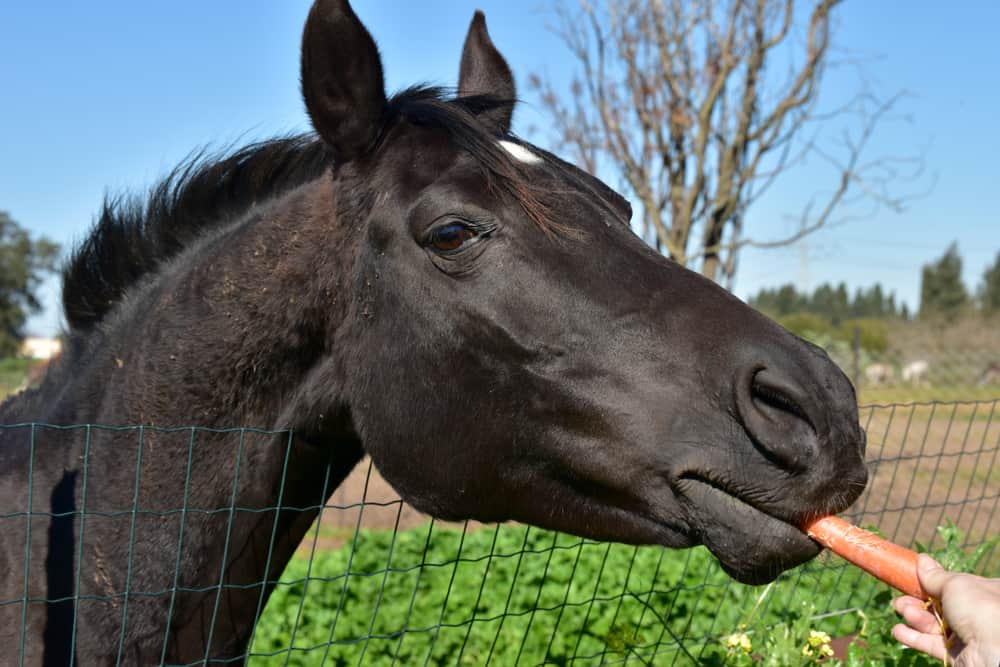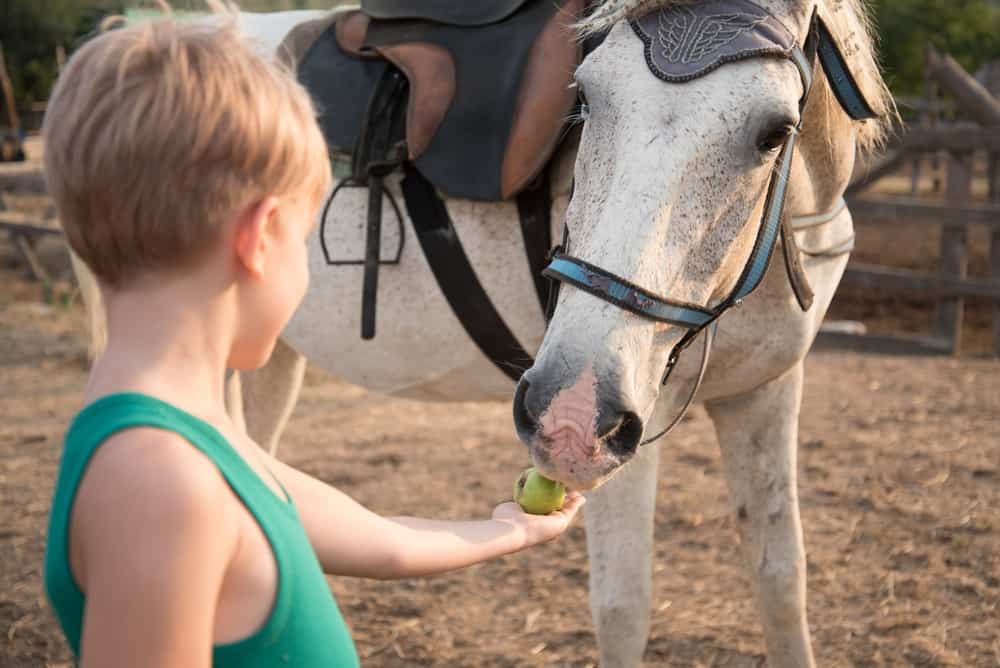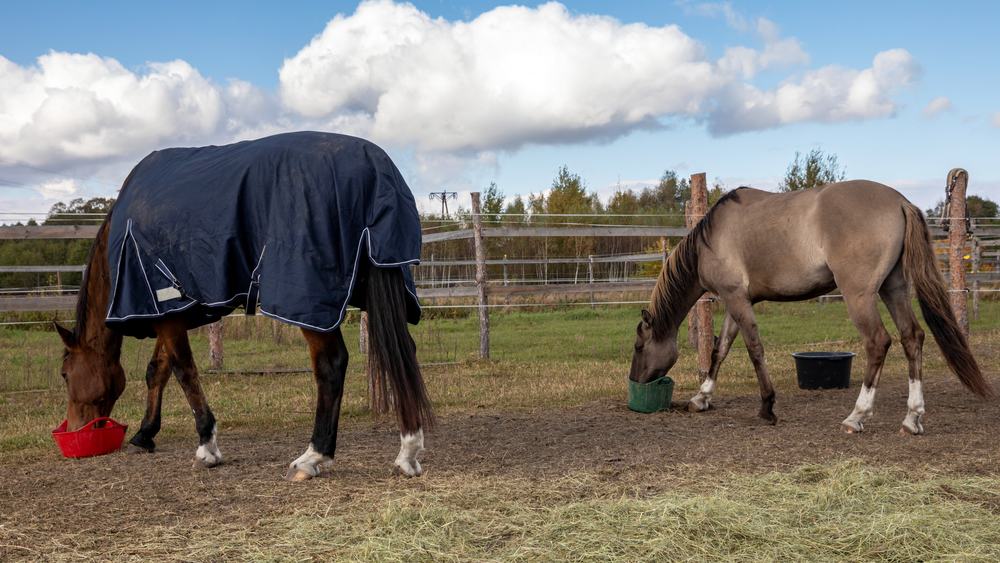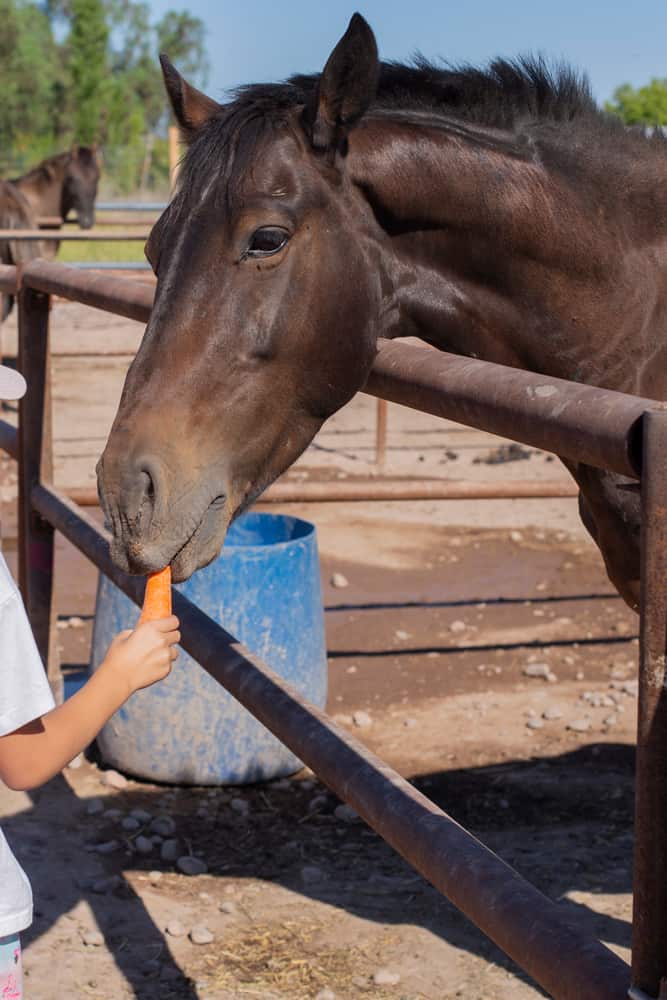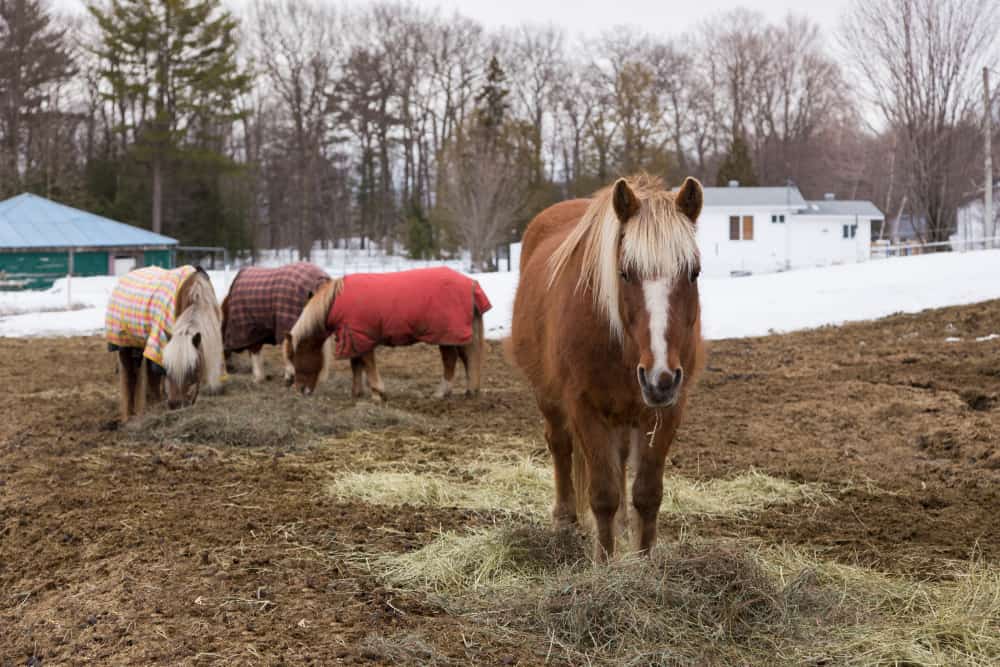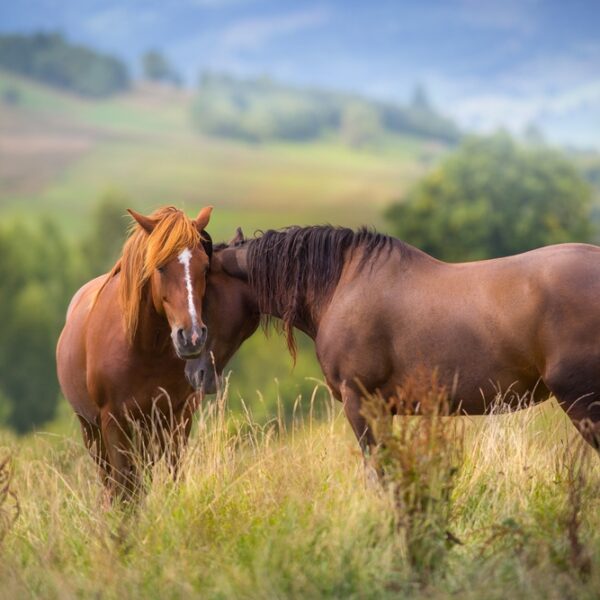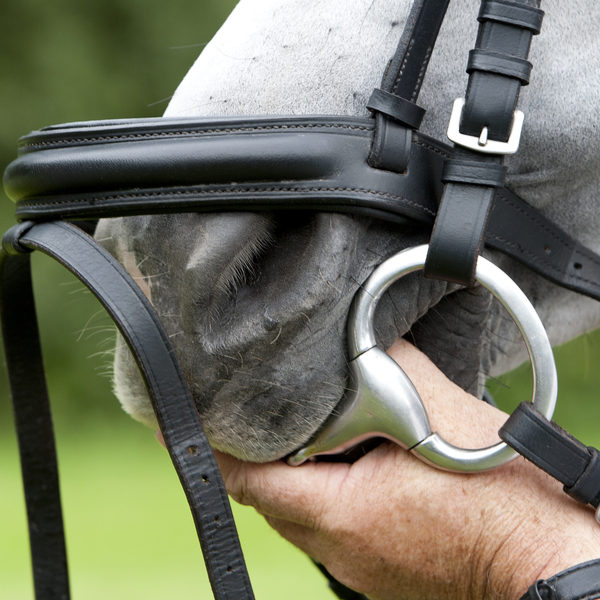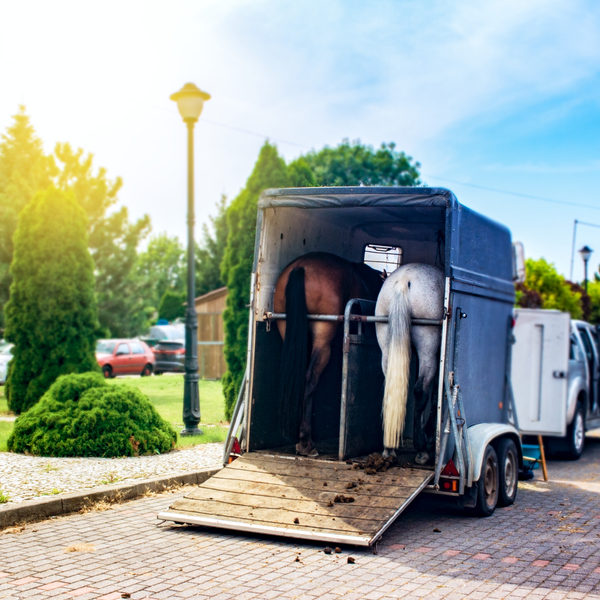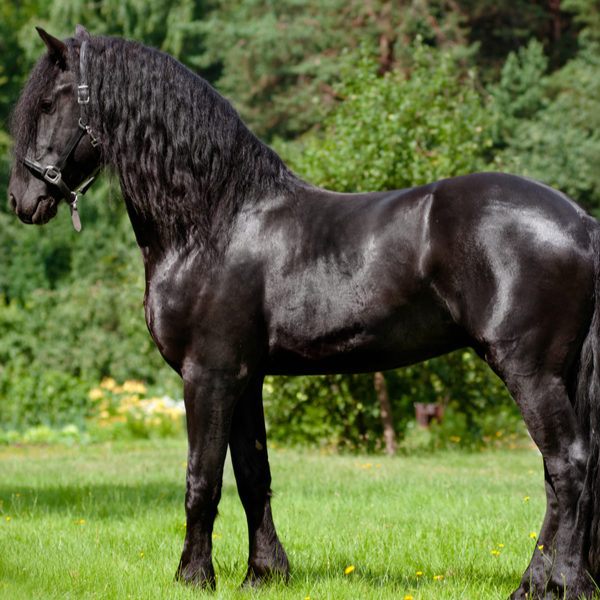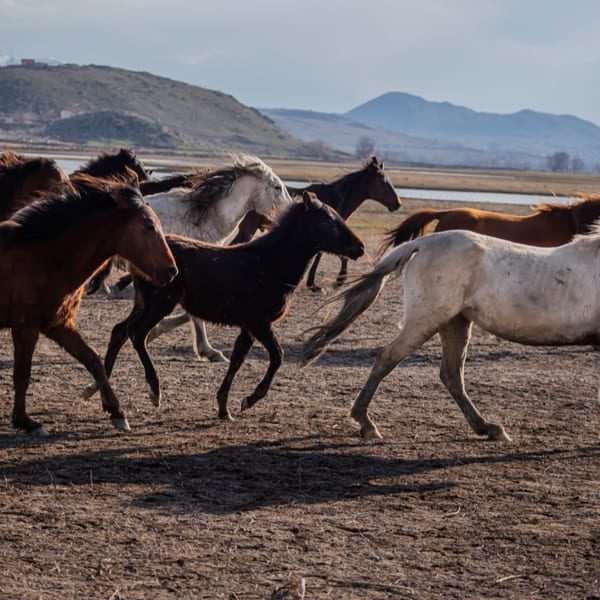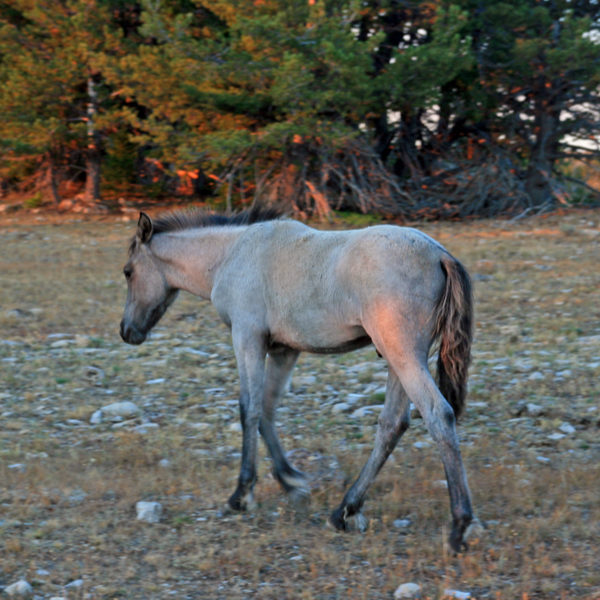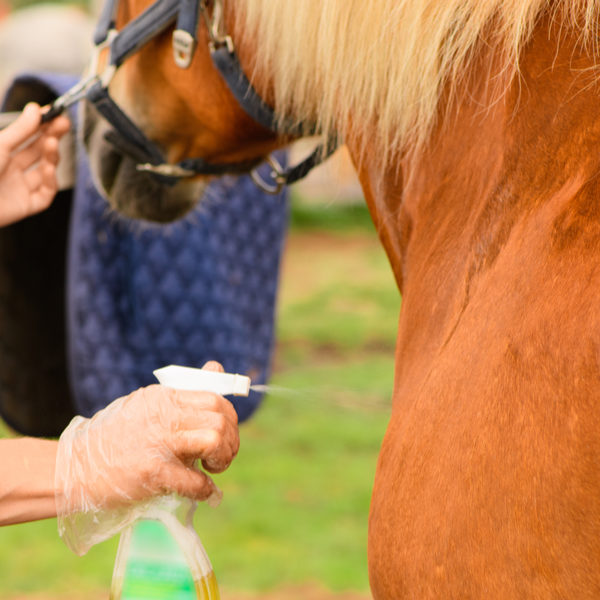People love to indulge in a sweet treat now and then. Of course, as parents, we may buy a child gelato or their favorite candy bar. But, even a strict fitness coach will allow themselves a cheat meal as a reward for all the hard work they put in during the week.
It is only natural then that we want to treat our animals because we love them every once in a while. Therefore, it is essential to know when to reward your horse through food and the best edible treats as a horse owner.
This article will explore the best treats for horses while considering their overall health and wellness.
What Is Considered A Treat
People generally think of a treat as something sweet with rich, indulgent flavors. I also thought of a treat this way when I was young, but as an adult, I tend to think of an edible treat as a particular food item that I do not often get, which gives me significant culinary pleasure.
Although indulging in a treat is perfectly normal, I firmly believe in moderation. I think moderation takes discipline, which may be more effortless for some people than others.
If you are a horse owner, you are ultimately responsible for your horse’s overall health and wellness. Feeding is an essential function for all life forms, and taking responsibility for what your equine companion puts in its stomach is not to be taken lightly.
Special Considerations
All animal owners should have a working relationship with a trusted veterinarian that you can ask for advice, recommendations, and when necessary, depend on for medical attention.
Several health issues and other disorders may directly impact your horse’s eating needs within the equine community. For this reason, before you think about giving your horse a treat, you should discuss your horse’s health history and any current diagnosis with your veterinarian friend.
Horses, just like humans, can be susceptible to many dietary restrictions to maintain their nutritional and physical health. In addition, pregnant, lactating, and elderly horses may require specific nutritional supplements to fit their life changes.
Although horses should never become obese, it is possible, especially if they have undergone a dramatic life change such as a significant location move or if it has been retired from working.
A horse’s smile may not be award-winning, but its dental hygiene is crucial. If your horse has dental issues, you may have to prepare its food and treats in a way that your horse can manage.
Your veterinarian will help you determine what treats are most appropriate for your equine companion if it suffers from laminitis, insulin control, or other metabolic issues.
What Do Horses Normally Eat?
Horses are grazing mammals that eat smaller portions several times throughout the day. Horses are herbivorous mammals, and their natural diet mainly consists of grass.
A full-grown horse can intake between five and ten gallons of water per day, depending on its activity level. In the wild, horses will tend to stay near a water source as it grazes for approximately one-third of the day.
Feeding a horse in the domestic environment is much more complex as the horse owner needs to adopt a healthy feeding routine that considers the horse’s health, activity, and environment.
Generally, healthy consumption for a horse includes “1.5-2.5% of their body weight daily in forage.” Forage is the best eating regimen for horses because it enables them to meet their basic nutrition requirements from pasture.
If your land has limited pasture or you have a horse that requires various supplements, you may decide that adding hay or grain to its diet is a sound choice.
The complexity of meeting a horse’s energy levels with proper nutrition must consider “the amount of calories, protein, fat, vitamins, and minerals he needs to consume.” An underfed or overfed horse will not perform well, and its overall health will suffer.
Healthy Treats
Lucky for you, horses are naturally healthy creatures and tend to be fussy in what they choose to eat. So if your veterinarian has cleared you to give treats to your horse, please do so in moderation.
The Cummings School of Veterinary Medicine points out that “over-treating could also lead to unwanted behavior, including biting.” That said, fruits and vegetables are a popular food group to turn to when thinking about giving your horse a treat.
In general, you cannot go wrong offering your horse an apple without the core or a carrot as a reward for good behavior or just because you love them so much.
As an optimal source of potassium, a good ole’ banana is an excellent choice in the competitive equine community among some of the most “elite dressage horses.”
Beyond these basics, you can be sure to promote good health for your horse by sticking to healthy treats. In general, fruits and vegetables are a great source of nutrients and minerals for horses; however, not all fruits and vegetables will be suitable.
As you search the supermarket aisle or local homestead for fresh produce to give your horse, please remember to avoid foods that can cause a build-up of intestinal gas.
Large amounts of intestinal gas may become trapped inside your horse’s intestines, causing it severe abdominal pain. This condition is also known as colic and may lead to more significant stomach issues.
As a rule of thumb, you should never treat your horse to a fruit or vegetable member of the nightshade family. These include tomatoes, peppers, eggplants, and potatoes and are often the culprit for intestinal gas.
In addition, cabbage, avocado, brussel sprouts, and onions are not suitable treats and should be on a large DO NOT GIVE TO MY HORSE post-it note that you put on your fridge.
Now, I will include a list of fruits and vegetables that you can give your horse for a treat, but please remember to stay conscientious about the food’s nutritional value and sugar content.
Celery is often considered a wonderful treat to give horses because it is high in Vitamin K and is a great fiber source. So, if your horse has insulin issues, celery is close to nill in sugar content.
Other popular fruits and vegetables to treat horses include pumpkin, squash, sweet potato, lettuce, watermelon, grapes, strawberries, melon, beetroot, and turnips.
It would help if you always double-checked with your veterinarian before you started giving treats to your horse. They will be able to provide you with a list of preferred treats specific to your horse’s age and medical history.
Things To Remember
We already mentioned the importance of consulting with your equine veterinarian before considering giving a treat to your horse. But, there are other considerations, such as quantity, frequency, and for what occasion.
I don’t believe even the fittest person would recommend eating an ice cream or cake every day regardless of expelling the amount of energy and calories needed to burn off the excess fat.
Likewise, giving a child a candy bar or bag of chips every day is not benefitting the child’s overall health. In addition, psychologically, the treat transitions from an item of reward to an object of privilege, which can be dangerous behaviorally.
These same points should raise a concern about how often you should treat your horse. Regardless of whether the treat is healthy, there is much more at stake than just the food itself.
Say you are performing plenty of groundwork with your horse, and at the end of every session, you go to the bucket and pull out a treat for your equine friend.
I’m sure your horse will gladly oblige; however, unknowingly, you may be causing more harm than good. The reason is that the horse will begin to associate a treat as payment for every session.
The day you do not have the treat to give could be when you experience some unfortunate revolt. For example, your horse may refuse to complete the training session or could even become aggressive.
It would be best only to offer treats to your horse in moderation. Moderation refers to the quantity and frequency that you choose to use food as a reward.
A small amount, such as one or two pieces, is a sufficient serving size for your horse. Keeping this in mind will help prevent your horse from ingesting excess calories and foods that may disrupt its internal balance of intestinal bacteria and microbes.
Please cut up the fruit or vegetable into small enough pieces that your horse can manage, remembering that sometimes your horse may not chew the treat out of excitement for the new flavor.
And because your horse cannot anatomically vomit, a dislodged piece of food could be very dangerous to your horse, and you will need veterinary assistance immediately.
Conclusion
I understand that you love your horse, but food often garners a more considerable emotional impact than it should on people. Please remember that your horse’s physical and emotional strength and well-being are more critical than giving it food as a reward.
Stick to healthy and recommended fruits and vegetables when you offer your horse a treat and always get clearance from your trusted veterinarian first.
Moderation is key to offering treats to your equine buddies. Please feel free to share any questions or concerns you may have about suitable treats for your horse in the comment section below.
